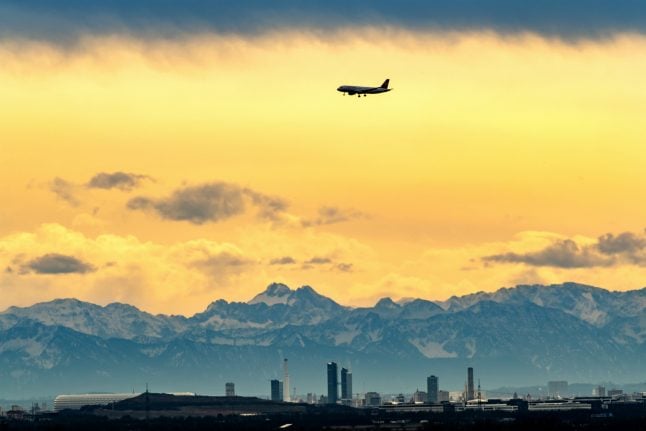“In the past few days, we have already been able to bring 120,000 German travellers back to Germany – partly through travel agencies themselves and some through planes chartered by the government,” Maas said.
The Foreign Ministry had earlier estimated that around 200,000 Germans were stranded abroad and seeking repatriation.
The government last week agreed to spend €50 million in a deal with commercial airlines to fly citizens home from affected regions.
READ ALSO: Coronavirus death toll in Germany rises as new measures come into force
Maas said most people from the “main holiday regions” had been returned and efforts would now be focused on those stuck further afield in countries such as Chile, Mexico, New Zealand and The Gambia.
Repatriations from these countries would be more challenging, he said, because of difficulties accessing airports.
EU foreign ministers have agreed to share flight capacity and data to help return as many people as possible to the bloc – a promise reiterated by Maas.
“We will open our flights, where we still have capacity, to citizens of other member states of the union,” he said.
As of Monday, Germany recorded more than 27,000 confirmed COVID-19 cases and more than 100 people have died.
Europe's biggest economy closed its land borders last week and the European Union has also sealed its external borders to incoming travellers to try to slow the spread of the new coronavirus.
Germany has also imposed a ban on gatherings of more than two people, and shut schools, non-essential shops, bars and restaurants.
READ ALSO: Germany bans gatherings of more than two to control coronavirus spread



 Please whitelist us to continue reading.
Please whitelist us to continue reading.
Member comments